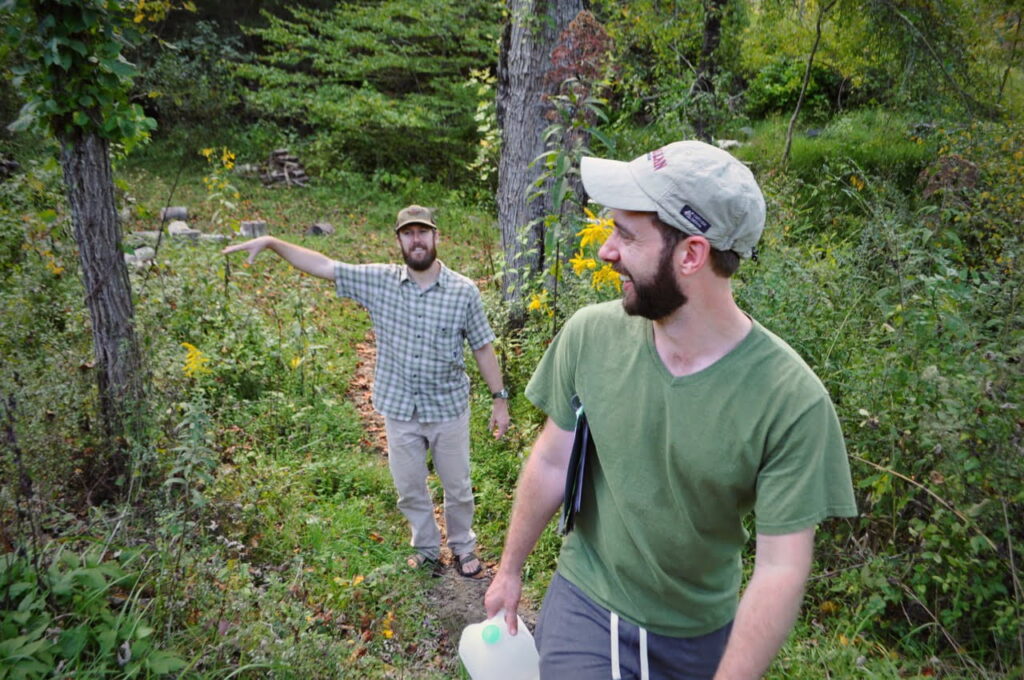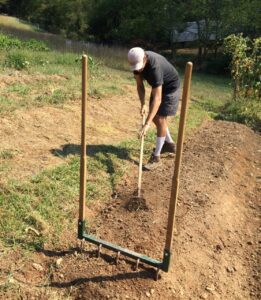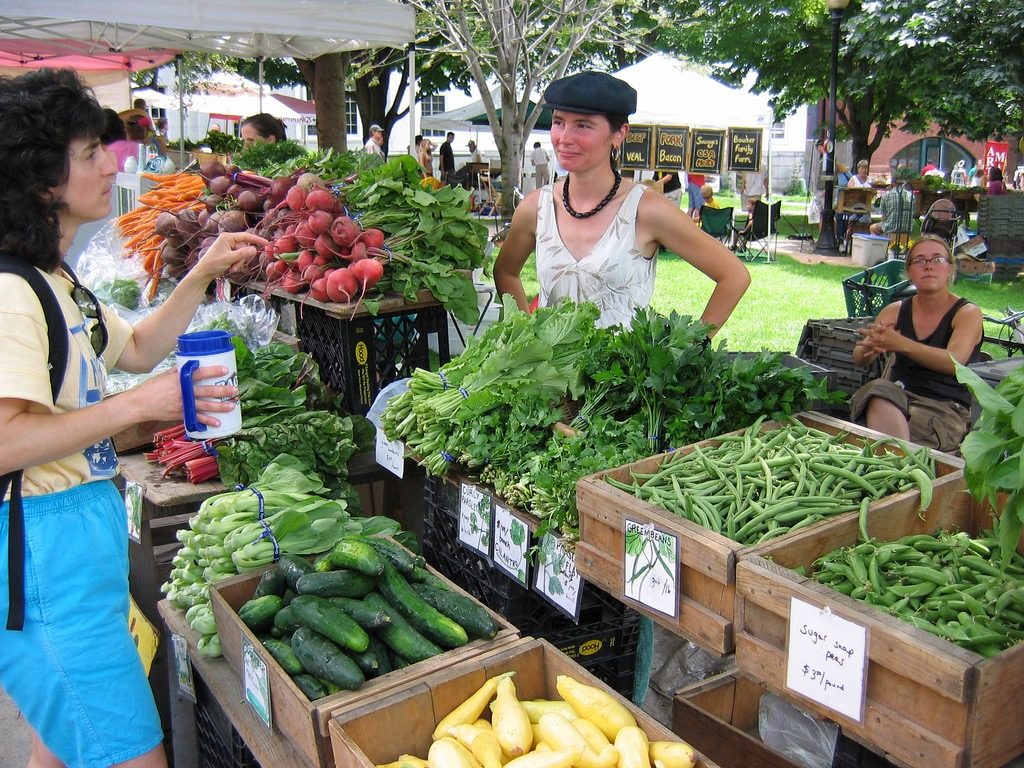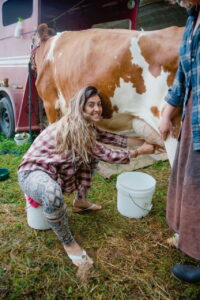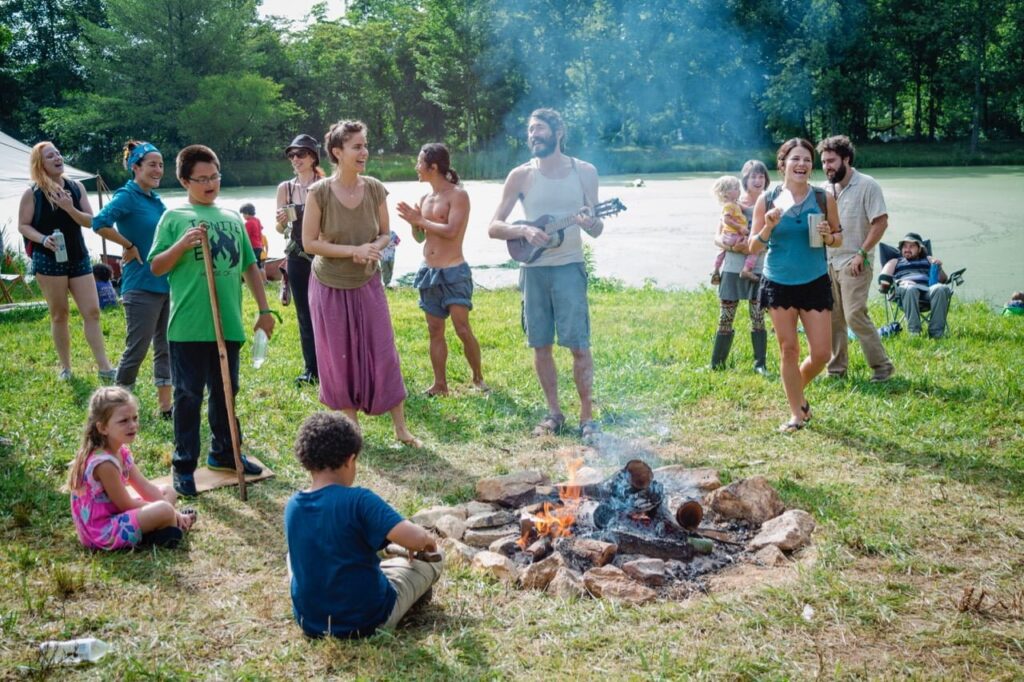People who are already farming and homesteading can be some of the best teachers when you begin learning these skills. However, these folks can also be some of the busiest. Here are five tips for gleaning knowledge from experienced folks in ways that are mutually beneficial to both of you.
Ask the right questions
Try to avoid mining other people for information that you can easily find in books or on the internet. Instead, ask them about their story, when the time is right. Be sensitive to when the time is and isn’t right. If they’re trying to concentrate on a complicated task at hand, it’s not. In particular, ask what they are feeling inspired about, what lessons they’ve learned, what they would do differently if they were to start all over again. It never hurts to clearly express your admiration and respect for them and their work as you’re asking questions.
Volunteer on local farms/homesteads
Planting and harvest days are often times when extra hands are needed on farms, and when volunteering is an option. This will help you get a feel for what living off the land is really like, plus you’ll get to chat as you work. Offering to do menial tasks like digging holes or stacking firewood will probably go over well too. Any volunteer work will give you experience and also help you earn the respect and attention of those you hope to learn from.
Chat with farmers at the farmer’s market
Tending a farmer’s market booth is one of the few situations when farmers are usually excited to just chat (without also working…which they technically are). Ask them what varieties of things they grow, how the season has been going, what they’re excited about, and what’s been hard recently. If you notice especially beautiful or unusual produce, sing their praises and ask about them. Don’t forget to buy something, too.
Help with animal chores
If you want to raise animals, learn how to take care of them by helping someone who already has some. There is no better way to get to know the realities of animal husbandry than by practice. An added benefit of this is that, when you have your own animals, you’ll have already forged a relationship with others who do, too. This can be mutually beneficial if either of you need to go out of town, encounter an issue you need help figuring out, or want to swap genetic stock.
Attend the events that local people go to
Plant sales, dances, town council meetings, church events, kids play groups, fundraiser dinners, rodeos, flea markets…the list goes on and will be particular to the community you’re hoping to be a part of. Even if some of these events are not “your thing,” stretch beyond your comfort zone. It will probably be well worth the connections you’ll make.

